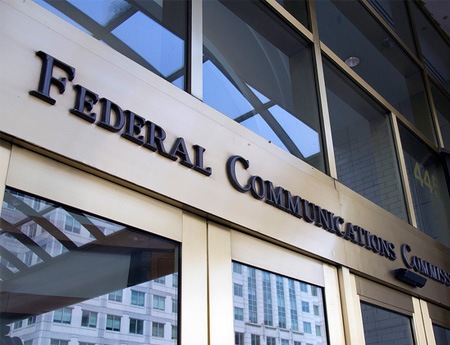FCC, States Square Off in Court Over Muni Broadband
The smarter way to stay on top of the multichannel video marketplace. Sign up below.
You are now subscribed
Your newsletter sign-up was successful

Just days after the Tennessee legislature voted down a municipal broadband expansion bill, the State was squaring off with the FCC in federal court over the issue of municipal broadband buildouts and state's ability to limit them.
After the FCC Chairman Tom Wheeler signaled the FCC had the power to preempt state laws blocking the expansion of municipal broadband, the Cities of Wilson, N.C., and Chattanooga, Tenn. petitioned the FCC to do just that. A divided commission complied in March 2015, and Tennessee and North Carolina then filed suit.
The FCC majority in that decision said the agency had the power and the duty to step in when states were limiting broadband buildouts. The commission confirmed it did not have the power to overturn state laws preventing municipal broadband buildouts altogether, but if those states allows such networks, the FCC can pre-empt laws that would limit them.
FCC chairman Tom Wheeler has tabbed those laws as the handiwork of incumbent Internet service providers trying to prevent competition.
The Sixth Circuit federal appeals court--in Cincinnati--heard oral argument Thursday (March 17) in that challenge by the states.
According to Berin Szoka of TechFreedom, who was at the argument, the judges asked tough questions of both sides.
The FCC argued that it did not have to meet the heightened preemption standard of a clear statement of congressional intent because it was not trumping a state's rights to govern its subdivisions, but instead with regulation of commerce more generally, which does not have a heightened bar for preemption.
The smarter way to stay on top of the multichannel video marketplace. Sign up below.
The FCC is justifying the moves under its Sec. 706 authority to regulate if it concludes that advanced telecommunications is not being deployed in a reasonable and timely manner. "We read section 706 to permit the commission to preempt state laws that primarily serve to regulate competition in the broadband market," the FCC March 2015 order states.
Szoka said two out of the three judges on the three-judge panel hearing the arguments probed on the issue of whether states and their cities were unitary (of a piece) sovereign entities. According to Szoka, the third judge only spoke to wish the court a Happy St. Patrick's day and note the green tie on FCC counsel, which matched his own bright green bow tie.
One judge suggested the FCC might be able to preempt a state's decision to require a radio station to use as different frequency, but that that would be the FCC telling it not to interfere with something over which the FCC has jurisdiction. The judge said that seemed to be different from this case.
In this case, the judge suggested, it was not about the FCC saying what should happen, but saying municipalities should be able to decide, which did sound like an issue with how the state gets to govern its municipal subdivision.
The judges also asked if private companies would also be subject to such a decision, perhaps having to be governed by one of their subdivisions, a board of shareholders, for example, just as municipalities rather than states get to make the decision.
The Tennessee and North Carolina laws are slightly different, Szoka pointed out, with Tennessee's law focused more on geographical limitations on expanding municipal broadband and North Carolina including pricing and not being able to cross subsidize buildouts with money from utility ratepayers, something commercial broadband providers have always been concerned about and one of the reasons they frequently lobby against such laws.
Contributing editor John Eggerton has been an editor and/or writer on media regulation, legislation and policy for over four decades, including covering the FCC, FTC, Congress, the major media trade associations, and the federal courts. In addition to Multichannel News and Broadcasting + Cable, his work has appeared in Radio World, TV Technology, TV Fax, This Week in Consumer Electronics, Variety and the Encyclopedia Britannica.

